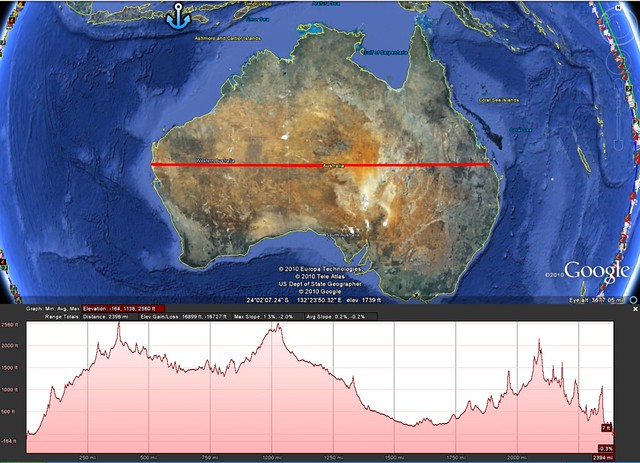Motorists urged to check for deadly airbags

Nearly 200,000 vehicles fitted with potentially deadly airbags are still on the roads, and more than 8000 of these are considered so dangerous they should not be driven at all, according to the latest ACCC figures on the compulsory recall of Takata airbags.
In addition, a significant number of vehicles fitted with a different type of faulty Takata airbag are yet to be remedied. These vehicles, which are fitted with Takata NADI airbags, are considered so dangerous that manufacturers are offering to buy back the vehicles or to provide a loan vehicle until replacement parts are available.
There have been two deaths and two injuries in Australia resulting from misdeployments of Takata NADI airbags.
Motorists are being urged to check now if their vehicles are fitted with these recalled Takata airbags, as car dealerships are still operating and providing replacement airbags free of charge.
“Even during this pandemic, replacing faulty airbags is an essential and potentially life-saving task, especially as vehicles may be being used by essential workers and care-givers,” ACCC deputy chair Delia Rickard said.
“It will also be more important than ever that as more people start to use their cars again, they check that their airbags are safe. Affected Takata airbags can misdeploy and send sharp metal fragments into the vehicle at high speed and cause serious injury or death to its occupants.
“Drivers should check online or with their dealer or manufacturer whether their vehicles are subject to this compulsory recall or the voluntary recall of Takata NADI airbags, and never ignore a notice of recall from your car’s manufacturer,” Ms Rickard said.
Globally there have been 29 deaths and over 320 serious injuries reported, including one death and one serious injury in Australia relating to airbags affected by the compulsory recall.
Over four million airbags in more than three million vehicles in Australia were originally affected by the Takata compulsory recall due to these potentially deadly airbags.
More than 88 per cent of airbags have now been rectified, and about six per cent have been reported by suppliers as written-off, stolen, unregistered, exported or modified and unable to be replaced.
Figures from the ACCC’s latest quarterly update on the compulsory recall show that about five per cent (over 228,000) of faulty airbags remain in more than 196,000 vehicles.
In particular, motorists are in danger if they have a critical vehicle containing an airbag that poses a heightened risk of causing injury or death. There still more than 8000 of these vehicles remaining on the roads, and drivers can check the Product Safety Australia website if their vehicle is affected.
“Vehicles with critical airbags should not be driven. Please contact your dealer to arrange for your vehicle to be towed to the place of repair free of charge so you do not have to drive it,” Ms Rickard said.
The ACCC is also conscious of the impact COVID-19 is having on Australian consumers and businesses.
“We understand dealerships are still operating and are offering the services outlined in the compulsory and voluntary recall notices. Both the ACCC and the Department of Infrastructure, Transport, Regional Development and Communications will be closely monitoring any changes to these arrangements,” Ms Rickard said.
Consumers can also search for vehicles affected by the Takata compulsory recall by entering their number plate and state or territory at: IsMyAirbagSafe.com.au or by texting 'Takata' to 0487 AIRBAG (247224).
A list of vehicle manufacturer helplines and contact details is available at: Vehicle manufacturer helplines & contact details.
Have you checked your airbag on the product recall website?







Thanks again for putting up the reminder Ben
I check mine every time you put the link up as more and more vehicles are included in the list
Mine still good :)